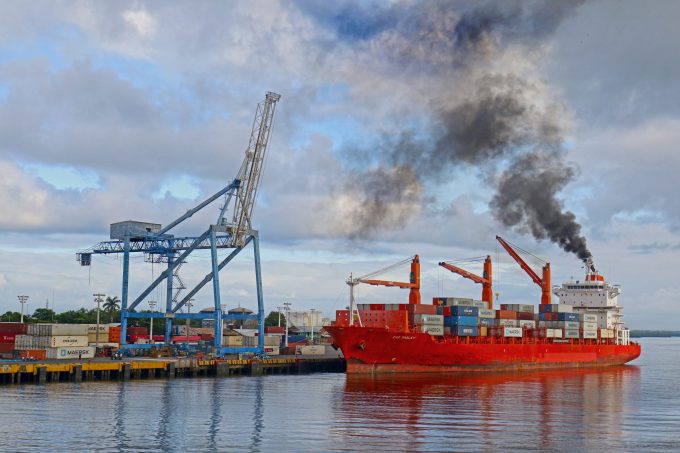Tech advances leave ship systems cyber-vulnerable, says DNV
A lack of interconnected shipboard equipment is making shipping a difficult target for cyberattack – ...

Shipping, forwarding and environmental groups have welcomed the world’s first law requiring ships to use sustainable fuel.
Following agreement by the European Parliament and Council yesterday, the FuelEU Maritime law will force shipping to use green fuels from 2025, with a review of the legislation due ...

Comment on this article